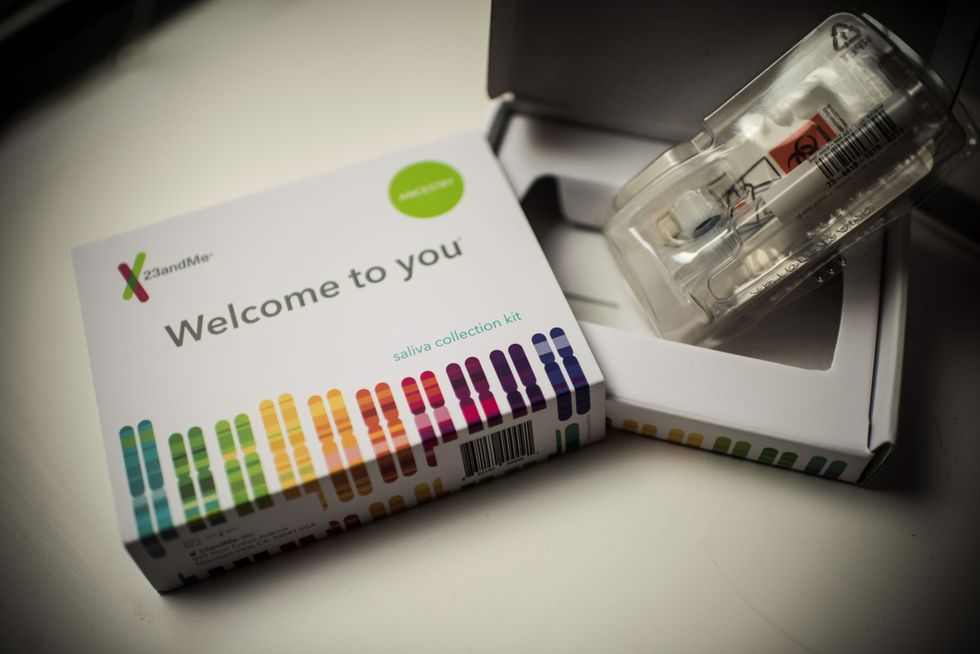BRITISH consumer goods giant Reckitt Benckiser (RB) has taken a £5 billion writedown on the acquisition of Mead Johnson, its baby formula acquisition.
RB acquired Mead Johnson for $18 billion (£14.04bn) in 2017 under then chief executive Rakesh Kapoor, who stepped down last year.
The impairment follows a review by Laxman Narasimhan, who took over as the boss of the FTSE100 company in September.
The Mead Johnson deal was made to expand the Narasimhan-led group in China, as it shifts its business towards higher-margin consumer healthcare.
However, the company has faced many hurdles in the Asian country to integrate the business quickly and to achieve business targets as planned.
The £5,037 million impairment of goodwill on the Mead Johnson acquisition was made in RB’s annual results.
The Slough-based group posted an operating loss of £1.95bn in the year to December, compared to a profit of £3bn a year earlier, according to financial results released for the year 2019 on Thursday (27).
RB also said the prospects for the Chinese market “have lowered, as a sustained materially lower birth rate has become likely”.
It added: “In addition, the competitive dynamics have changed with evolving regulation and the progress of a number of local competitors.”
Changes to its long-term supply network for the business would also be “more capital intensive than we had expected”.
The consumer goods giant has also tempered growth expectations this year because of the uncertainty from China over the coronavirus outbreak.
It said that although it was “growing faster than last year- and in some areas, significantly faster-we are targeting a higher level of like-for-like net revenue growth than we achieved in 2019, reflecting some of the uncertainty around the impact of the covid-19”.
It further noted: “It is too early to fully assess the impact of the COVID-19 outbreak on the operational and financial performance of the group. We are committed to China, to the health of our consumers in China.
“We are seeing some increased demand for Dettol and Lysol products and are working to support the relevant healthcare authorities and agencies, including through donations, information and education. We do see increased activity online for our consumers in China. Conversely, we are seeing some disruption to offline retailers, distribution channels and the supply chain connected to China.”
Narasimhan said in a statement that recent years had been difficult for his business but the company “operates in strong, structural growth categories and has an outstanding collection of trusted, market-leading brands”.
He plans to invest £2bn over the next three years, including this year in digital, customer service, and innovations. It means that 2020 would be a “transitional year”.
RB will focus on hygiene, health and nutrition and plans to increase from 75 core category market units to 100.




















 People cannot change their DNA if it falls into the wrong handsGetty Images
People cannot change their DNA if it falls into the wrong handsGetty Images